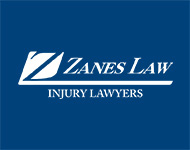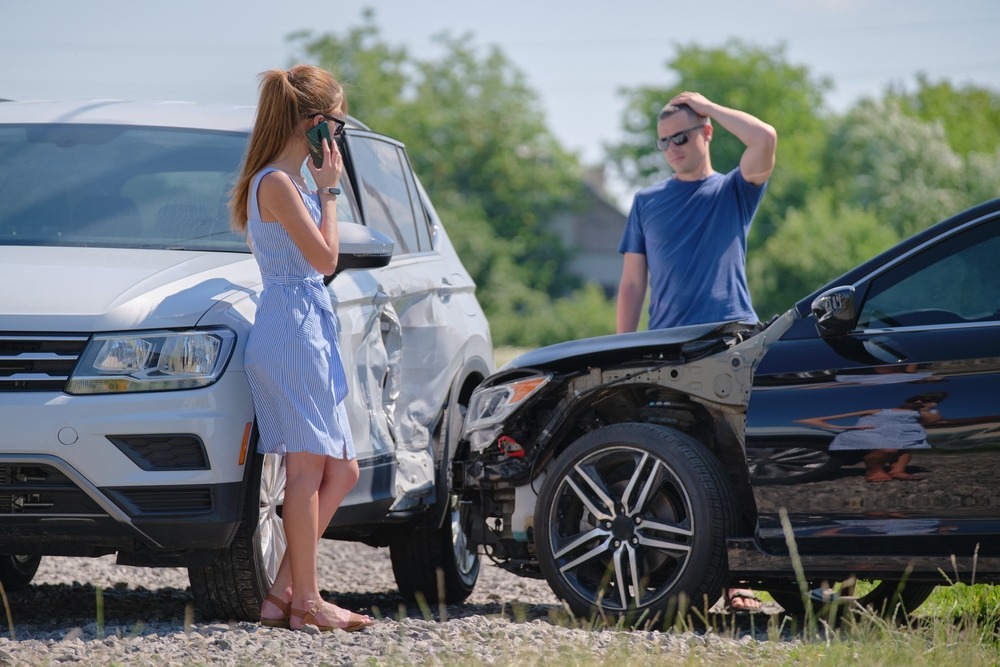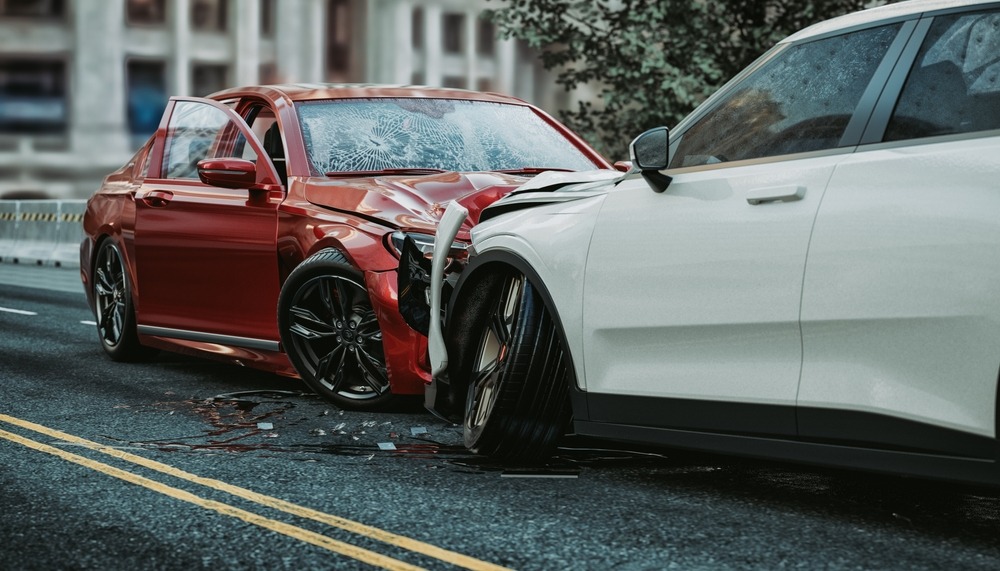![]() Contact Us (866) 499-8989
Contact Us (866) 499-8989
What Happens If a Police Car Crashes Into You?
- How do Accidents with Police Cars Happen?
- Arizona’s Tort Claims Act
- Do Officers Have Qualified Immunity for Crashes in Arizona?
- Other Ways You May Share Responsibility
- Shorter Deadlines for Filing a Claim
- What to Do After the Crash with a Police Officer
- Conclusion
- Home
- FAQs
- Car Accidents
- What Happens If a Police Car Crashes Into You?
Police chases are exciting on television, but they’re dangerous to the public in reality. Car crashes are among the top reasons for officer deaths. The police sometimes have to drive recklessly to apprehend a criminal, but what should you do if a police car crashes into you?
It is still possible for you to get compensation, but you must get the help of a personal injury attorney in Phoenix as soon as possible. The statute of limitations for suing the government is much shorter than in other crashes. Here’s what to do if you’ve been hit.
How do Accidents with Police Cars Happen?
Police chases are the most common reason for accidents with police cars. The intense focus of the drivers could make them blind to what’s happening around them and put bystanders at risk. Police cars use sirens and lights to warn people they’re coming.
However, this doesn’t make police officers totally immune from claims. Yes, it may be more difficult to get compensation from the government, but it is possible with the help of a lawyer with experience in these kinds of claims, like Zanes Law.
Also, police officers are human. They can get into accidents while driving like any other person or share some of the blame for a chain-reaction crash. Don’t assume you’ll have to bear the costs of all of your injuries just because a police officer was involved in the crash.
For a free legal consultation, call (866) 499-8989
Arizona’s Tort Claims Act
The Tort Claims Act outlines how individuals can sue the government (i.e., the police) for accidents. It has a lot of exceptions, but usually, you can sue a government official if they would have been liable if they were acting privately.
However, there are situations where a government employee cannot be held liable unless they act intending to harm or with gross negligence. Police use several forms of reckless driving to stop criminals. These actions could make it possible for you to pursue a claim.
Gross negligence does not have a firm definition, but it’s a form of extreme negligence. For instance, if an officer was speeding in his police vehicle without lights and sirens and wasn’t on the way to a crime scene, we could argue that was gross negligence.
Do Officers Have Qualified Immunity for Crashes in Arizona?
State laws vary about whether officers have immunity from claims if they cause a crash in the course of their duties. Arizona’s qualified immunity law states that officers have qualified immunity in some situations that involve crashes.
If you were committing reckless driving or driving under the influence, then you lose your opportunity to hold the police liable for a crash. However, if the officer intended to harm you or also committed gross negligence, then the situation becomes complicated.
In this situation, Arizona will use its doctrine of pure comparative negligence to assign each side a percentage of fault. If you’re awarded compensation, your percentage of fault will reduce how much you receive by that much.
Click to contact our personal injury lawyers today
Other Ways You May Share Responsibility
All states have laws requiring you to pull over for an emergency vehicle or to pull one lane away from emergency vehicles on the shoulder. If you do not follow these laws and get into a crash, you could share liability and also get a citation.
If the officer tries to argue that you’re at fault, don’t agree or disagree. That is a matter for the court and the lawyers to decide, not officers. If you say you’re at fault, though, that can be used against you.
Complete a Free Case Evaluation form now
Shorter Deadlines for Filing a Claim
Claims against the government have shorter deadlines than other personal injury claims in Arizona. You have 180 days to provide notice to the government that you intend to seek compensation.
Our lawyers can help you create the notice, but it needs to include:
- What happened in the accident
- Your injuries
- How much money you’re seeking
- Evidence to support your claim
After you or your lawyer provide notice, the government has 60 days to respond to you with an offer for compensation. If they do not respond within that time frame, they have denied your claim. However, you can still sue them in state court.
If they offer compensation, Zanes Law can tell you if the offer they’re giving you is suitable or not and how you should proceed in order to get fair compensation for your injuries.
What to Do After the Crash with a Police Officer
You should still do the same things you do like any other crash. You’ll check on everyone to make sure they’re okay, then call 911 to report the crash. Another officer will come to the scene to take statements. The officer in the crash cannot be part of the investigation.
You’ll take photos of the accident scene and your injuries, if able, and get medical care as soon as possible. You should do this even if you feel fine after your accident because injuries can stay hidden for days after an accident.
Then, contact Zanes Law to discuss your situation right away. With the shorter deadline, your lawyer must act quickly to get enough evidence to build the claim before the deadline for filing notice has passed.
Conclusion
Many of the things you do after a police car crash are the same as any other crash, but there are some important differences. You have a shorter deadline to file a claim for compensation, and there are situations where the officer may have immunity for what they did.
However, the law is on your side. Arizona law does not offer complete immunity for police car crashes. Find out what your legal options are by contacting Zanes Law as soon as possible after your accident.
Call or text (866) 499-8989 or complete a
Free Case Evaluation form
 Why Bruce Jenner’s Accident is a Lesson for ALL Drivers Out There
Why Bruce Jenner’s Accident is a Lesson for ALL Drivers Out There
Every media outlet has a scope on the recent and fatal Bruce Jenner car crash. Many accounts have recalled the incident in varying detail but none look promising for any party involved including the
 Phoenix Light Rail Crash
Phoenix Light Rail Crash
A very major and scary crash recently closed down a major Central and Indian School Road intersection. Although the crash has long been cleared since Saturday, the collision between a
 Tracy Morgan Lawsuit Finally Settles
Tracy Morgan Lawsuit Finally Settles
Many fans of the famous (now ended) sitcom, 30 Rock, anxiously followed the news after beloved actor and comedian Tracy Morgan was involved in a trucking accident. A Walmart tractor-trailer
 And Then It Happens To You… A Car Accident.
And Then It Happens To You… A Car Accident.
An accident victim who was injured in a car accident in Tucson, Arizona describes her experience in this guest post. You hear about them all the time. You have even witnessed some right in
Wrongful Death Blog Posts:
Receive a Free, No-Obligation, Case Evaluation Now



